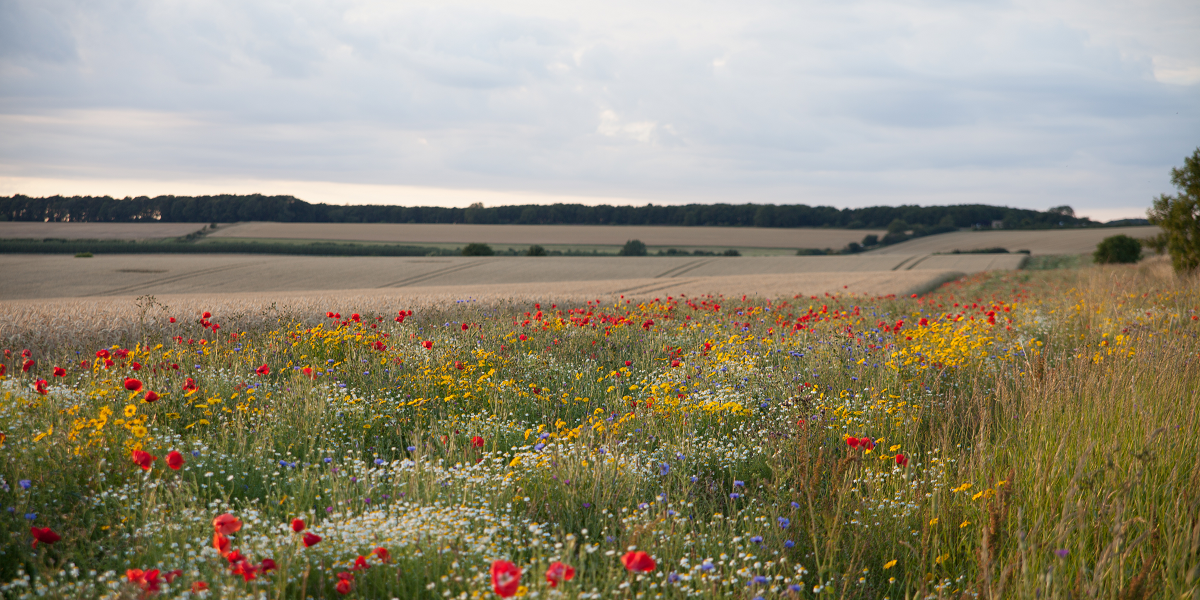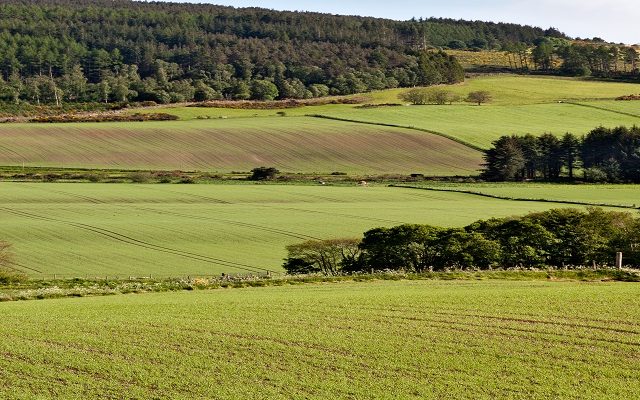Land Business Update | Week Commencing 18th September 2023
Farming
SFI accelerated payments in 2023
With the SFI 2023 now open for applications, Defra has announced that farmers with an agreement that starts in 2023 will receive an ‘accelerated payment’ of 25% of the value of their agreement within the first month. If you are thinking about entering into a SFI agreement and would like some advice, please contact our Head of Farming, Jonathan Armitage.
Countryside Stewardship – extended support for applications
Defra seems set on having as many Countryside Stewardship schemes applications submitted as possible. Having extended the deadline to 15th September, due to IT issues, they will now allow anyone who has started an application by then to submit it after that date, again due to IT issues. Applicants in that position must email the RPA with screenshots of any issues, along with their SBI and application number.
£4.5m of funding available now to address major on-farm and post-farm gate challenges and opportunities
The funding is part of the Farming Innovation Programme and will support projects in the UK which are at the early stage of their research and development journey. Project costs should be £200 – 500,000 and be deliverable over a 12 to 24 months period. An example of a project funded under the previous round used the waste products from the cherry juicing process to create new healthy foods and reduce agricultural waste. The closing date for applications is 15th November and guidance is available here.
Energy
End of ban on onshore wind could revive up to 50 rejected wind farms but…
The government has changed its policy that effectively banned turbines if there was a single objection from a local resident to a scheme. However, turbines will still remain harder to build than other projects, leading to predictions of only a few new sites. Wind farms will continue to have a presumption against being approved unless they have local consent. RenewableUK, an industry group, said that the changes might support a limited number of new developments but not the scale needed to rapidly cut bills and boost energy security. The Telegraph reports that 50 applications for turbines have been turned down since the previous planning rules were introduced in 2015. As part of the change in policy, residents could get 10-50% lower energy bills if they consent to wind farms. Public support for renewable energy is relatively high (55% support solar panel in fields and 52% support onshore wind farms) but that support drops by about 10% if the development is local to them (46% and 41% respectively). Only 18% supported new power grid infrastructure (falling to 15% if local to them).
Environment
Government proposal to end nutrient neutrality defeated by House of Lords
A government proposal to remove the need for new housing developments in areas significantly affected by nutrient pollution to be ‘nutrient neutral’ has been defeated by opposition and some Conservative peers. During the debate Lord Deben, a Conservative former environment minister and chair of the Climate Change Committee, said, “This is one of the worst pieces of legislation I have ever seen and I’ve been around a long time.” Before the vote, a group of environmental organisations, including The National Trust, RSPB, WWF and Angling Trust, said that scrapping of protection for rivers would amount to the “most significant unwinding of environmental law for decades”.
Office for Environmental Protection challenges government on water pollution laws
The OEP has informed Defra, the Environment Agency and Ofwat that it believes they have failed to comply with legislation, meaning untreated sewage has been illegally released into rivers and waterways. The government has two months to dispute the claim and set out how they will fix the problem.
New legislation to be introduced to accelerate the recovery of England’s Protected Landscapes
The Levelling Up and Regeneration Bill will include additional measures to help ensure that Protected Landscapes will be able to make major contributions to meet the 30 by 30 commitments (protect 30% of England’s land for biodiversity by 2030). In addition, a new Protected Landscapes Partnership, including National Parks, AONBs, National Trails and Natural England, will receive £2m of funding to facilitate their collaboration and knowledge sharing to accelerate nature recovery. The government is expected to respond to the Landscapes Review consultation soon.
Mapping the drivers and impact of the carbon market on rural enterprises in the UK
Strutt & Parker is part of a consortium led by Bournemouth University that is mapping the different stakeholders involved in carbon market transactions and whether there are any gaps and opportunities to improve. We are holding a number of workshops in late October / early November. Attendance can be in person (in London or Edinburgh) or virtual (by Teams). If you would like to attend, please email Marie Charles to express your interest.
Rural economy and property
Renters’ Reform Bill
It is unclear whether the Bill, which would end section 21 ‘no fault’ evictions, will be passed in this parliament. The Financial Times reports that some supporters of the bill claim it is being held up by vested interests in the government who own rental property. The government has said that it remains committed to passing it. It is unclear when its second reading will be.
Shoots advised to maintain high biosecurity after two cases of avian influenza in English release pens
Restriction zones have been imposed around the two cases. This follows two cases in Scotland in August. Scottish Land and Estates have advised that release pens should be kept as clean as possible, footwear and equipment should be disinfected, and that food and water sources should not be accessible by wild birds.
Scottish Programme for Government
The legislative programme for the 2023-24 parliamentary year includes a number of bills and proposals that are relevant to rural areas and property:
- Agriculture Bill, which will set the legislative framework for reforms to farm policy and support. There may also be a roundtable on water scarcity.
- Land Reform Bill, including changes to agricultural holdings legislation.
- Wildlife Management and Muirburn Bill, including licensing grouse moor management and muirburn.
- Establishing a new Small Business Unit to ensure the interests of small businesses are considered.
- A sector deal with the onshore wind industry with the aim of halving the time for consenting a scheme to 12 months (where there is no public inquiry).
- Developing a Green Industrial Strategy.
- Consulting on a Heat in Buildings Bill, to help people make changes to cut emissions from heating systems.
In addition, the government is consulting on Scotland’s Strategic Framework for Biodiversity. It includes questions about setting statutory nature recovery targets which would bind the government in the same way as climate change targets do. It is part of the Scottish Government’s 30 by 30 commitment to protect at least 30% of land and sea for nature by 2030 (NB the government includes any land which has a conservation designation towards the 30% target but that definition is not accepted by some conservation organisations).






